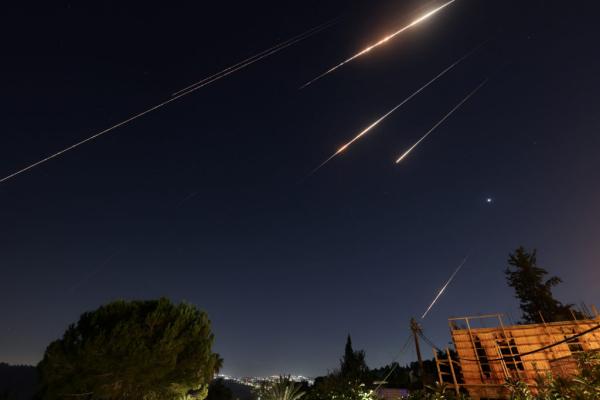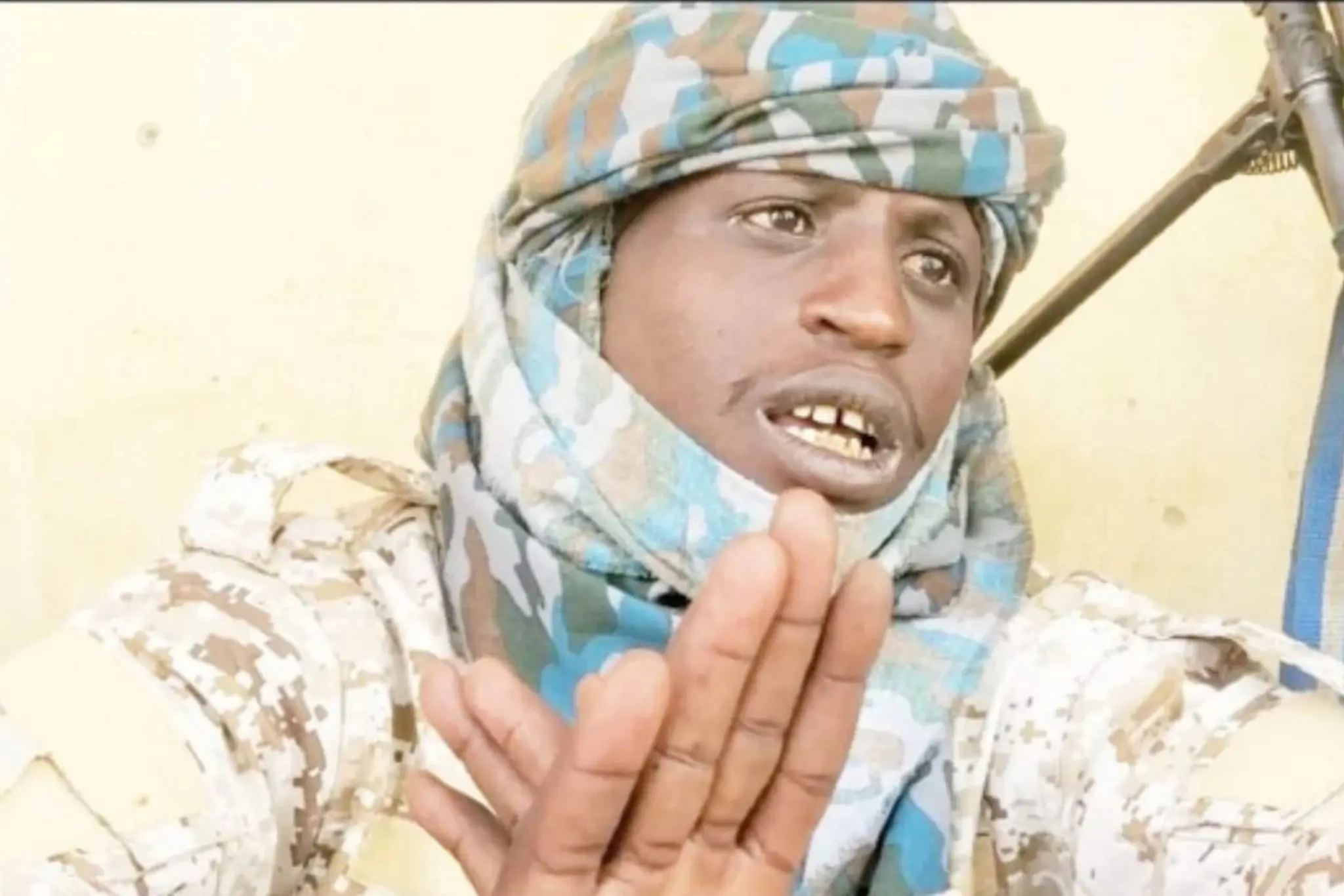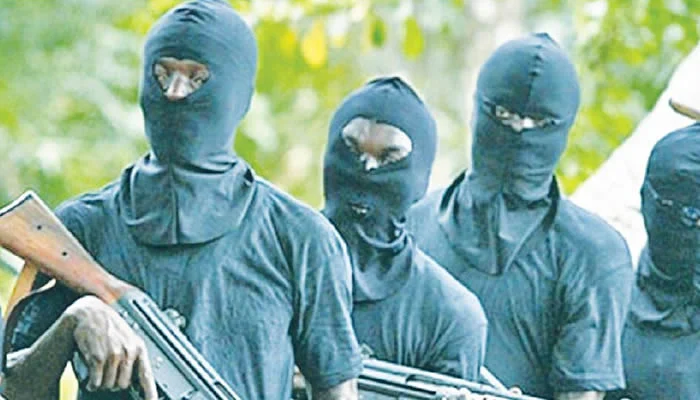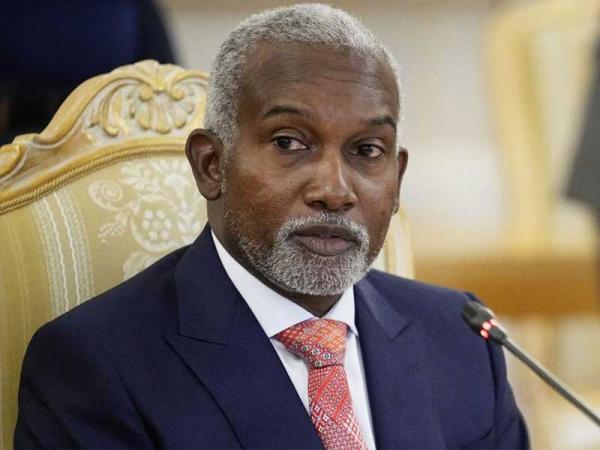
Iranian missiles aimed at Israel lit up the night sky in the Middle East on Friday evening and early on Saturday morning.
Air raid sirens sounded in what seemed to be "non-stop" waves of attacks on Israel during the night. At least two people in a residential area were killed.
The strikes came in retaliation for an Israeli attack on Iran's capital early on Friday, targeting the country's nuclear program and killing at least two top military officers and an unkown number of civilian women and children.
The Israeli strike raised the potential for an all-out war between the two bitter Middle East adversaries. It appeared to be the most significant attack Iran has faced since its 1980s war with Iraq.
The strikes came amid simmering tensions over Iran’s rapidly advancing nuclear program and appeared certain to trigger a reprisal, with Supreme Leader Ayatollah Ali Khamenei warning that “severe punishment” would be directed at Israel.
A day before the attack, Iran and the US had announced that a sixth round of nuclear talks would take place on Sunday in Oman. With the negotiations, the United States is seeking to end all nuclear fuel enrichment programmes in Iran, while Teheran wants international sanctions that have crippled its economy lifted.
Drones and missiles across air spaces in the Middle East
Hours after its strikes, Israel's military said it had begun intercepting Iranian drones launched in retaliation. An Israeli official said the interceptions were taking place outside of Israeli territory, but did not elaborate. The official spoke on condition of anonymity pending a formal announcement.
Iraq said more than 100 Iranian drones had crossed its airspace, and a short time later neighboring Jordan said its air force and defense systems had intercepted several missiles and drones that had entered its airspace for fear they would fall in its territory.
Israel's attack on Iran hit several sites, including the country's main nuclear enrichment facility, where black smoke could be seen rising into the air.
Later in the morning, it said it had also destroyed dozens of radar installations and surface-to-air missile launchers in western Iran.
The leader of Iran's paramilitary Revolutionary Guard, Gen. Hossein Salami, was confirmed dead, Iranian state television reported, a development that is a significant blow to Tehran's governing theocracy and an immediate escalation of its long-simmering conflict with Israel. The chief of staff of Iranian armed forces, Gen. Mohammad Bagheri, was also confirmed dead by Iranian state television. Other top military officials and scientists were believed to have been killed.
Israel informed United States of attack
Prime Minister Benjamin Netanyahu said on Friday that Israel told the US, one of Israel's most important allies, about its plans to attack Iran in advance.
"They knew about the attack. What will they do now? I leave that to President Trump," he said.
In a video statement circulated to journalists Friday evening, Netanyahu said that Israel's attack on Iran was months in the making and that he had ordered an attack plan in November 2024.
The future of the nuclear negotiations between the US and Iran now remains uncertain, with US president Donald Trump seemingly using the Israeli strikes as a lever in negotiations.
According to American media outlets, Trump warned Iran to "make a deal" and do so "before it's too late".






















